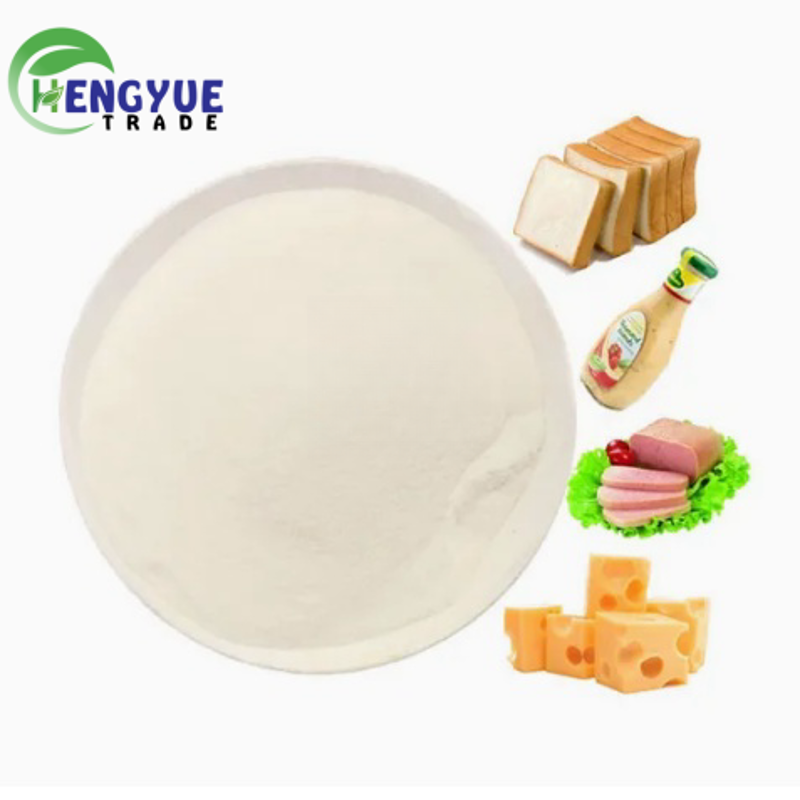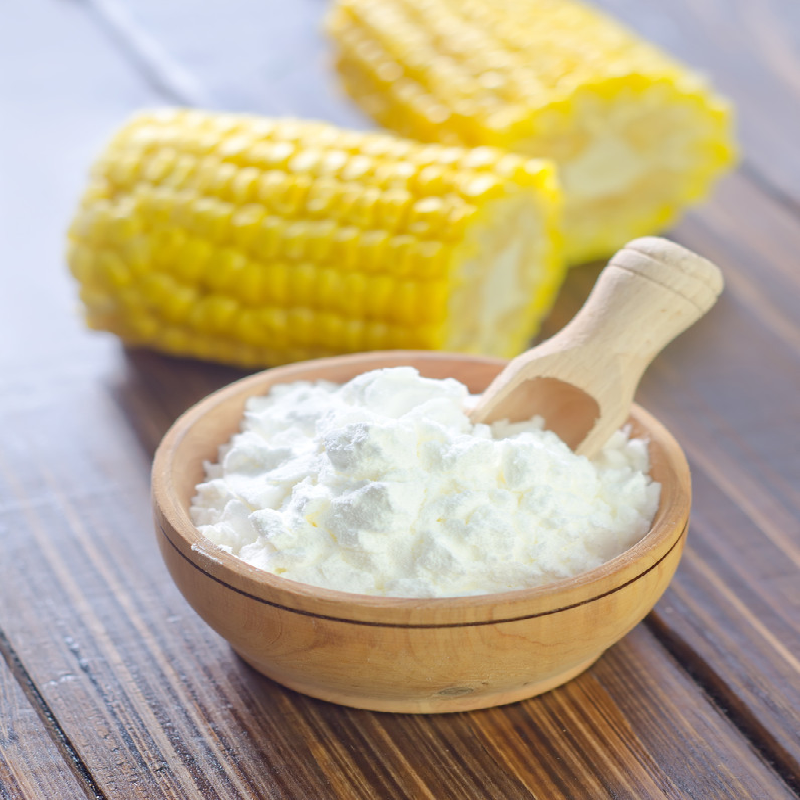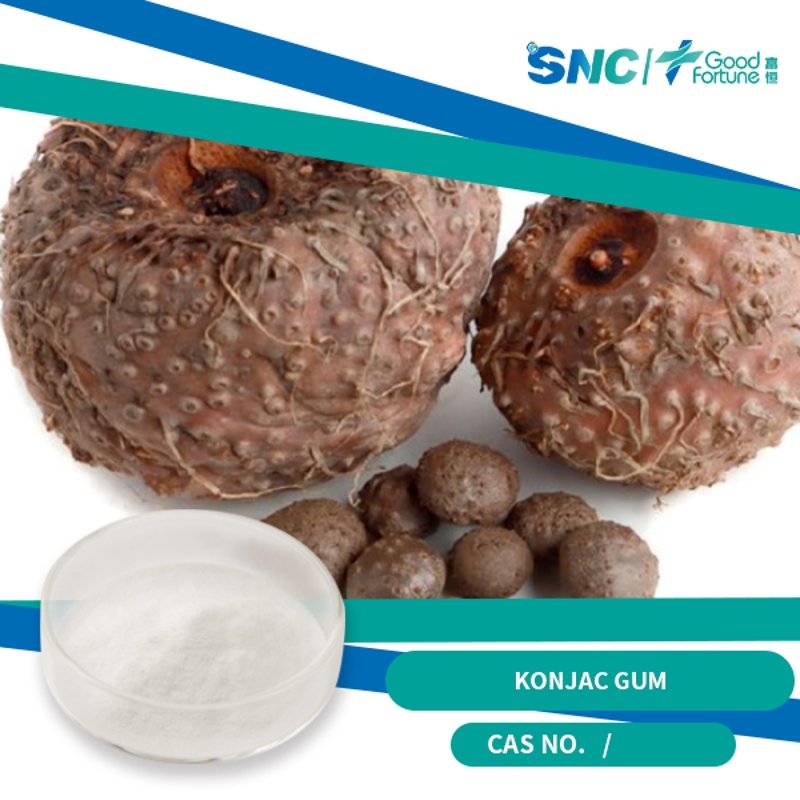-
Categories
-
Pharmaceutical Intermediates
-
Active Pharmaceutical Ingredients
-
Food Additives
- Industrial Coatings
- Agrochemicals
- Dyes and Pigments
- Surfactant
- Flavors and Fragrances
- Chemical Reagents
- Catalyst and Auxiliary
- Natural Products
- Inorganic Chemistry
-
Organic Chemistry
-
Biochemical Engineering
- Analytical Chemistry
-
Cosmetic Ingredient
- Water Treatment Chemical
-
Pharmaceutical Intermediates
Promotion
ECHEMI Mall
Wholesale
Weekly Price
Exhibition
News
-
Trade Service
original title: Are the yogurts you buy really fit for your baby?finally came to write the theme of yogurt for everyone.for yogurt, we all know it is a very good food, but what are the specific benefits? It is estimated that many students will think that the advantage of yogurt is that it contains probiotics, so to give your baby to drink yogurt can be beneficial to intestinal health, and even improve constipation and other intestinal problems.however, probiotics want to play a role, need to have a number of requirements, and probiotics in the human body will also encounter stomach acid and other erosion, the role of how much will be affected, so it is difficult to ensure that its regulatory effect on the intestine, do not expect yogurt will bring much effect on intestinal health., in fact,
yogurt as a high-quality food, its nutritional value than the probiotics it contains, is much more
to us.yogurt contains
calcium, protein and various minerals, vitamins
, nutrients and milk similar. In addition, the
protein in yogurt is fermented,
absorbs
better than milk, while the amount of lactose in yogurt is lower than that of fresh milk, and the
is extremely friendly to lactose-tolerant babies., yogurt is a very good food, even if probiotics are ignored. But yogurt is good, before buying yogurt for your baby, there are some problems we still need to understand.When canintroduce yogurt?the American Academy of Pediatrics recommends that your baby
6 months
and try yogurt as an accessory.australian baby feeding advice states that your baby can try yogurt as one of its complementary foods after
one year of age
, but yogurt is not recommended as the main source of milk. 's our country?the Dietary Guidelines for Chinese Residents, the
is not recommended for infants aged 7 to 12 months because the protein and mineral content of ordinary milk, yogurt, cheese, etc. is much higher than that of breast milk, which will increase the burden on the kidneys of infants and young children.
For young children between 13 and 24 months of age, it can be used as part of a small amount of food to try, but not completely replace breast milk or formula.can be seen that different countries have different standards. But overall, if not necessary, I may wish to refer to our standards, wait until the baby 1 year old after the introduction of yogurt.How do i chooseyogurt?Before we know how to choose yogurt, let's first look at the classification of the next milk selection. according to national standards, yogurt can be divided into 4 categories:
sour milk, fermented milk, flavor edited milk, flavor edilet milk. Why should know about these classifications? Because if you want to choose the most "clean" yogurt for your baby, the easiest way to do that is to look at the "product type" on the product packaging and what yogurt it belongs to. , if the product type is written "sour milk" or "fermented milk", which means that the yogurt in the production only used raw cattle (sheep) milk or milk powder and probiotics,
nothing else can be, white sugar can not be added. and "sour milk" and "fermented milk" the difference lies in the sour milk added to the bacteria, "sour milk" can only have heat-addicted streptococcus and Bulgarian Lactobacillus two bacteria, and "fermented milk" can be added on this basis other strains. for these species, heat-obsessed streptococcus and Bulgarian Lactobacillus, most of the yogurtons on the market are fermented from them, and they are said to be the two essential bacteria in yogurt. But these two bacteria are actually very limited in positive significance to the human body, so if you want to drink yogurt to play a role in supplementing probiotics, you can choose also contain other types of yogurt. But the article also begins with a mention that there is little expectation of conditioning the gut through probiotics in yogurt. said back product types, in addition to "sour milk" and "fermented milk", there are some yogurt product types written "flavor edited milk" or "flavored fermented milk", and
plus
"flavor"
these two words, said that these products in addition to milk base and probiotics, but also contain more or less other ingredients, such as sugar, jam, flavor, thickener, protein powder and so on
. for these four yogurts, I am of course recommended that we choose sour milk and fermented milk, after all, clean and healthy. However, there will always be some distance between ideal and reality, because non-flavored yogurt for many people taste and taste is not too ideal. so, if the child is not willing to eat pure yogurt, only eat flavor yogurt, then we also do not be too entangled, after all, yogurt is bought for children to eat, do not want to eat the words no longer add no sense. But when choosing, we can also keep an eye out for a relatively healthy yogurt with fewer additives. In addition, if you want to give children between 7 and 12 months of age to eat, it is recommended to choose no additional ingredients added to the sour milk and fermented milk. of course, in addition to the product type, the product nutrition list and ingredients list is also our regular need to check the part, so as to give the baby to choose a more high-quality products, we will look at the specific methods. nutrition table protein first of all, the protein we just mentioned, the higher the content of the better. Most yogurts on the market now have a protein content of 2.8g/100g and below, so if you see a bottle of yogurt with a protein content of 3.0g/100g, that's great. fat low-fat, 0-fat yogurt in recent years by many weight loss, fitness people, but it is clear that small babies do not need to lose weight like adults, fitness. , fat can provide important energy for the baby, is an indispensable nutrient for growth and development. So if your baby isn't saying you're obese or overweight, yogurt we'll choose full fat. How can you tell if yogurt is full-fat? State regulations, full-fat pure yogurt fat content needs to be 3.1g / 100g, flavor yogurt needs to be 2.5g / 100g. There is an easier way, because basic low-fat, 0-fat yogurt will have a clear mark on the packaging, if not written that is basically full-fat. sodium most yogurts on the market now generally contain between 40-100mg/100g, but there are some sodium content is relatively high. like the image below this is a salty-flavoured yogurt with a sodium content of 190mg/100g. What is the concept of 190mg sodium? The Chinese Academy of Nutrition recommends that the appropriate intake of sodium for babies aged 0.5 to 1 years is 350 mg/d, and that of 1-year-olds to 3-year-olds 700 mg/d. For 350mg/700mg, 190mg ratio, I believe i don't need to say, we can also estimate. sodium intake may increase the burden on the kidneys and increase the risk of high blood pressure and cardiovascular disease in adulthood. So when choosing yogurt for their babies, parents should avoid some "salty taste" and try to choose products with relatively low sodium content. ingredients list the concept of milk-based raw milk and restored milk we've said many times. Compared with the recovery of milk,
raw milk is fresher, nutrients retained much
, when selected we can choose raw milk as a milk-based products. sugar the World Health Organization recommends reducing free sugar intake throughout the life course. The intake of free sugars in adults and children should be reduced to less than 10% of the total intake. Further reducing it to less than 5% of the total intake will bring additional health benefits. long-term excess sugar can significantly increase the risk of overweight, obesity, tooth decay, diabetes, heart disease and other diseases. The Dietary Guidelines for Chinese Residents also mention that
adults can eat no more than 50g of free sugar saucy in one day, and 25g or less is the best. so, when we buy yogurt, in principle, it is preferable to contain free sugar free sugar, such as sugar-free yogurt. But in fact, because the taste of non-sugar (including sugar substitute) yogurt is really very sour, most people are more difficult to accept, so most of the yogurt on the market is added to the sugar or sugar. We certainly hope that the baby can eat less sugar, the better, but if the baby really can not accept the original yogurt, then the mother can only retreat, choose a relatively low sugar yogurt. how do you think yogurt is relatively low in sugar? We can look at the nutrition content list of "carbohydrate" column, although this can not be fully equivalent to sugar content, but there is a certain reference value, it is recommended to choose
carbohydrate content is relatively low
. I looked at the carbohydrate content of dozens of common yogurts on the market,
sugar-free products with carbon water between 4 and 6g/100g, most of the sugar content will be higher than 10g/100g, so if you choose the sugary yogurt, its carbohydrate content is less than 10.0g/100g, that is relatively low. in short, preferably sugar-free, low-sugar yogurt, but in view of the sugar-free yogurt not only many times the price is relatively high, the taste is not very friendly, if you buy the baby do not eat that is also white work. There's also a way to buy sugar-free yogurt and add homemade fresh fruit and fruit puree to improve the taste of the yogurt. But be aware that
no honey for your baby under 1 year old. , for yogurts that are labeled low-sugar or sugar-free, we'll also take a little attention to whether
sugar-for-sugar
. our country's regulations: "For milk-based infant formula, the preferred carbohydrate should be lactose, lactose and glucose polymer." Only pre-treated starch can be added to infant formula and fructose must not be used. In addition, the American Heart Association (AHA) has recommended that children be banned from the eight sugars of saccharin, aspartame, potassium acetyl sulfonate, sucralose, neobeetin and rital, stevia glycoside, and Rohan fruit extract. can be seen, for infants, is not recommended to use sugar, and for 1 year old sage, it is also recommended that you give priority to those sugar-free yogurt, after all, although sugar substitutes for adults are safer, but the safety of young children is not certain. other ingredients yogurt common other ingredients are the following three: thickeners and coagulants: pectin, seaweed glue, gelatin, agar, hydropropyl distarch phosphate, acetylene distarch phosphate, etc. increase protein content: whey protein, milk protein powder increase dashea fat and taste: edible flavor, condensed milk, Thin cream, egg yolk powder, cheese powder, all kinds of jam or fruit, etc. for small babies, thickeners and coagulants we naturally want to reject, and whey protein, milk protein powder and other increased protein content, containing no harm, of course, if some products are dependent on high-quality milk sources, do not need to add these can also achieve high protein content is more ideal. and eating flavor, is also recommended to avoid. It is important to note that
is not a variety of fancy flavors of yogurt only contains flavor, some original yogurt will also contain flavor
, we choose to pay more attention to the ingredients list.
there are other things about increasing the cream and taste,
these ingredients add to the calorie intake. And if you choose to add jam fruit grain, but also pay attention to the size of the fruit, to avoid the baby cough suffocation.
for this kind of ingredient, my principle is the same principle as the selection of sugar, if you can, priority to avoid. here also talk about the recent hot
cheese yogurt
on the market. In the public perception, cheese is a high-protein food, then cheese yogurt will contain higher protein, more beneficial to the baby? first of all, we need to know that most cheese yogurts
actually contain cheese powder, rather than just adding cheese to you.
and the amount added is very low, to the following this every 100g is only 200mg, starting mainly a flavoring effect, to enrich the taste.
and protein, I looked at the common cheese (taste) yogurt on the market protein content, more than 3.1-3.2g/100g, compared to many ordinary yogurt on the market, such a protein content is indeed relatively high. but at the same time, a number of cheese yogurt calories, fat, carbon water, sodium content is often relatively high, is not our first choice for the baby food. two cheese yogurt ingredients so if you're going to choose a cheese yogurt for your baby, pay attention to both fat, carbon water and sodium content. And in fact, if you just choose high protein content yogurt, many non-cheesey yogurt can also reach 3.1g/ 100g protein levels, do not need to choose cheese yogurt specifically for this purpose. . . . . . . . . . . . . . . . . . . . . . . This yogurt shopping strategy first here, I guess you will find after reading, to the baby to choose yogurt seems to have a lot to pay attention to, but actually do it is not difficult, the following also give you a brief summary. yogurt is a good thing, compared with its probiotic stake, its nutritional value is more real for us (







